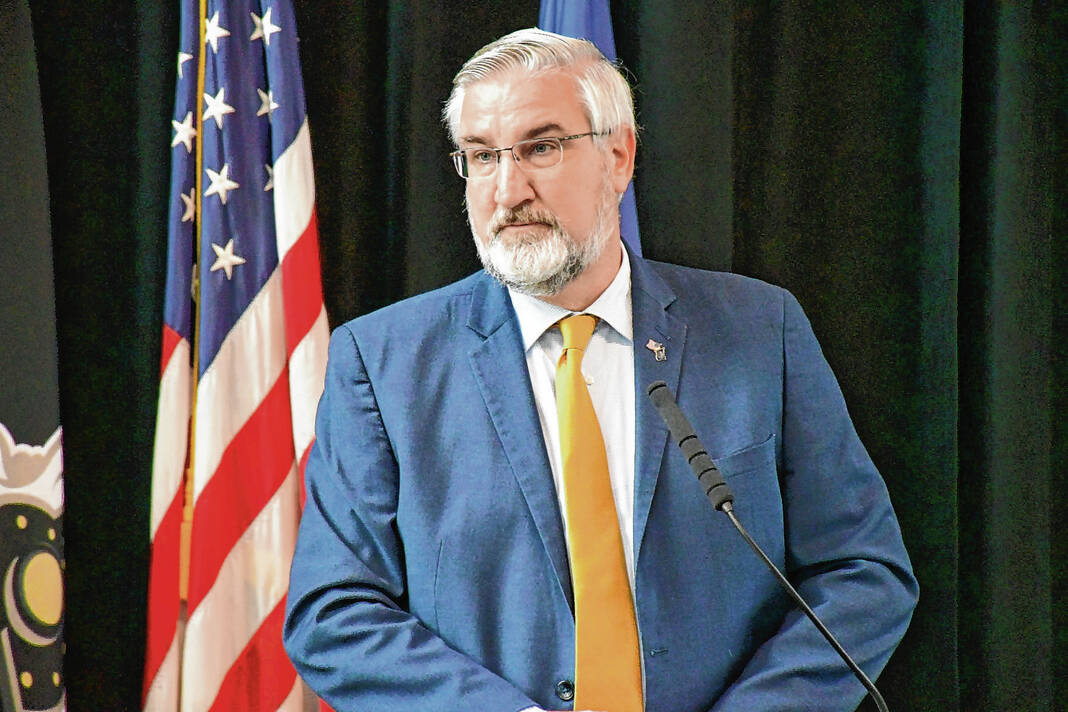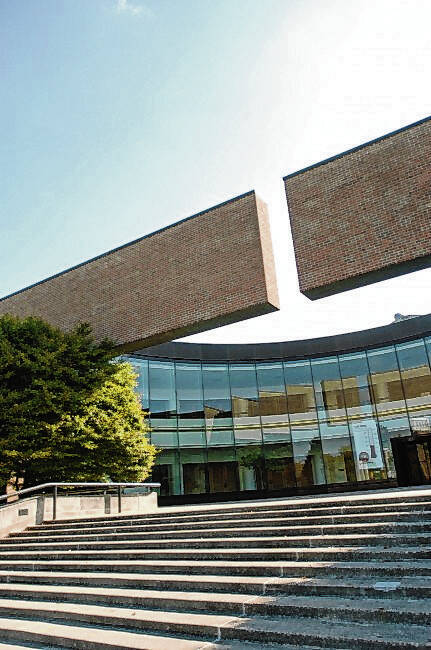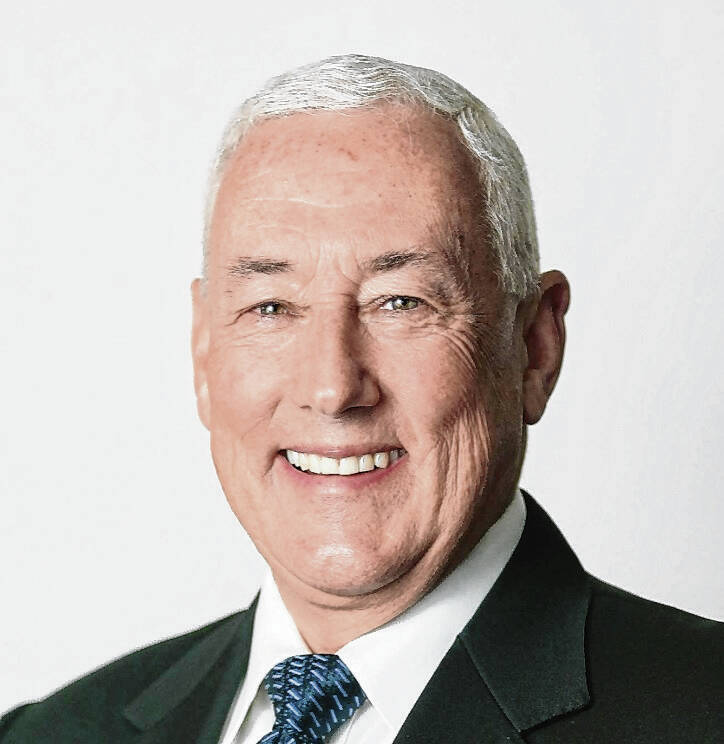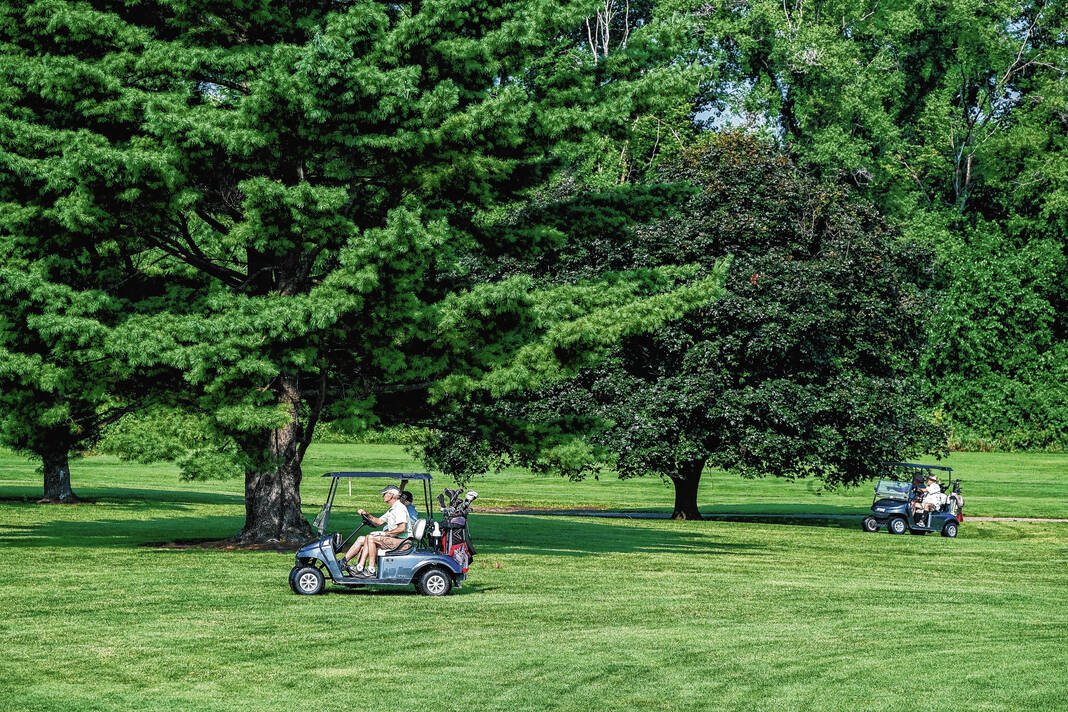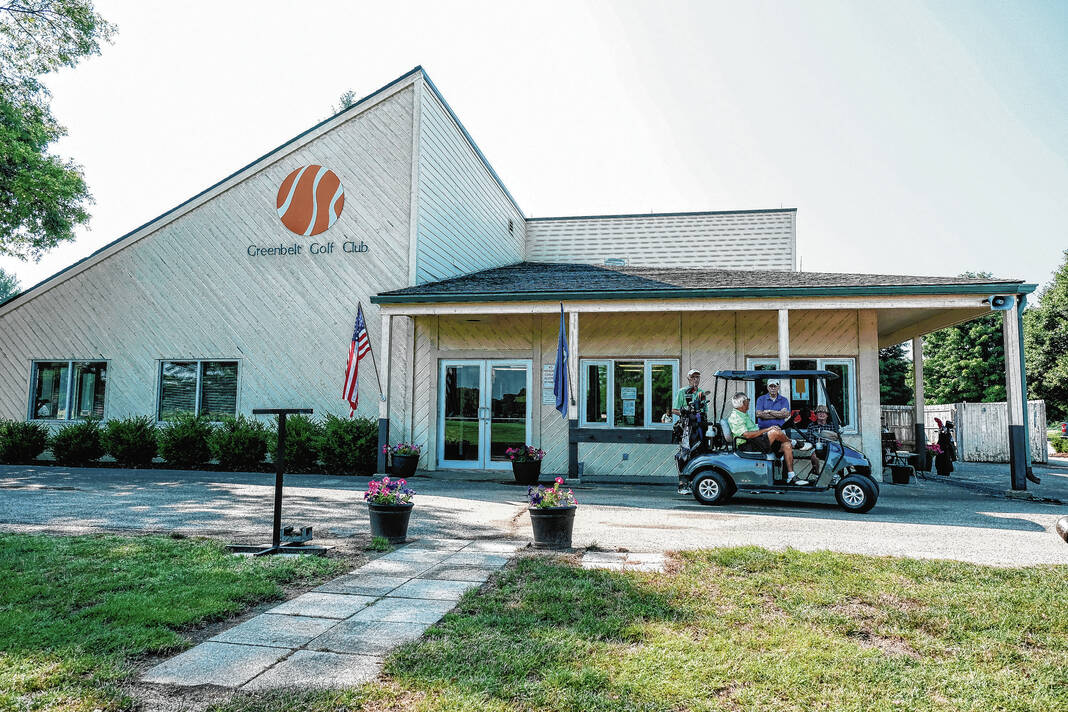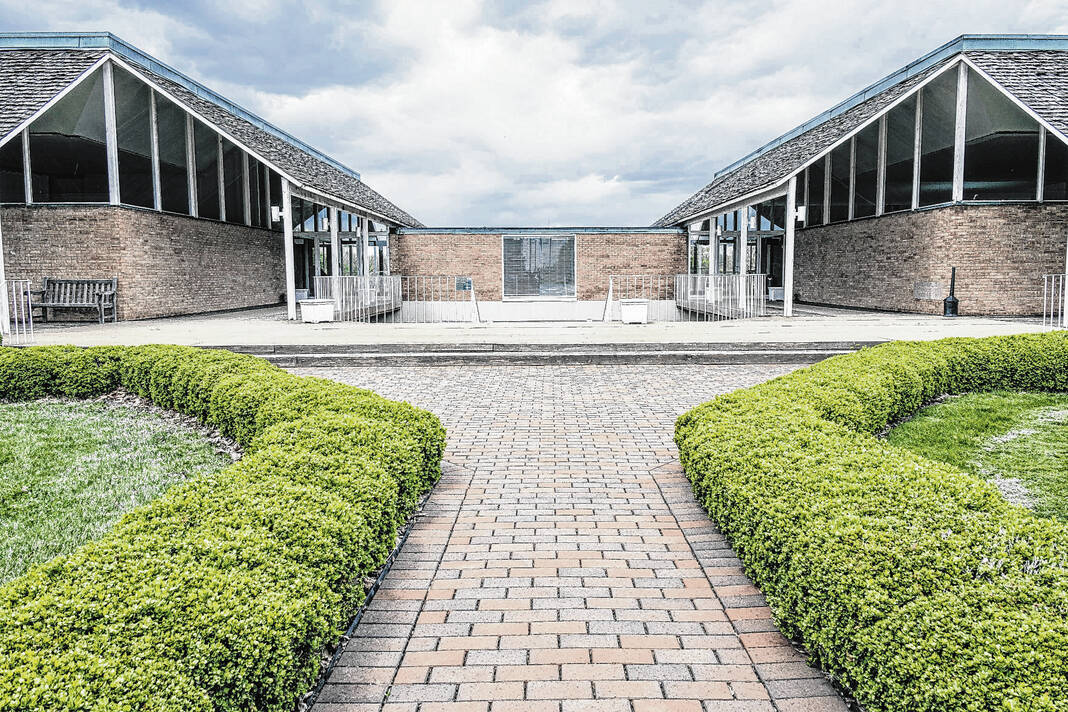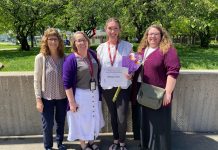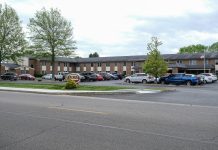HOPE — A national company is helping farmers learn how to use drone technology to help improve production techniques.
Beck’s Hybrids, the largest family-owned seed company in the country, brought 20 farmers together from around the state to a special drone clinic July 14 in Hope, one in a series of three.
“As drones have evolved, they’ve become more and more capable at a lower, lower price point,” said Sheila Downey, a precision farming specialist for the company. “As farming becomes more and more competitive, it’s important for farmers to be as efficient as possible. What we’re doing is we’re taking a toy or a flying camera and actually gathering data that is actionable and has value to the farm.”
Jim Love, a light robotics manager at Beck’s Hybrids, led the session, which focused on how to interface a drone with software, such as Drone Deploy, to gather data on farm fields. The July 14th session was the second in a three-part series around the state.
[sc:text-divider text-divider-title=”Story continues below gallery” ]
The first clinic, held earlier this month, taught farmers how to use a drone and fly it responsibly. The third session, scheduled for July 21, walks farmers through the process of becoming legal drone operators with a commercial operator license.
“By using a drone, farmers can quickly scan an entire field within minutes from their vantage point above,” Downey said. “If questions from the image arise, farmers can use drone technology and pinpoint one particular area rather than blindly walk the field.”
Love said the ultimate goal of the program is to help farmers take inexpensive equipment and produce results that would have cost thousands of dollars just a few years ago.
Jesse Thomas of Paragon attended both Friday’s clinic and the first session in Washington, Indiana. Thomas, a third-generation farmer, first purchased his drone two years ago from Beck’s.
“Love has taught us a lot,” Thomas said, referring to the clinic sessions. “Last time, I didn’t even know how to update the drone.”
Before attending the clinic series, Thomas said he only used his drone a few times but never on the farm. After downloading Drone Deploy to his device, he was the first to launch his drone over the field Friday.
Drones can be used for soil and field analysis to determine seed planting patterns, as well for determining flood-impacted areas following heavy rain among other things.
“There’s a lot we can do with it,” he said. “Originally, we thought we would do a lot more with the drone when we purchased it, and now we’ll be able to. I can see this being very useful for many things. It’s going to be a handy thing.”
Love said the technology is crucial in providing real-time updates while also saving time and effort used from previously walking along the field.
One example Love showed to clinic participants was a series of images he captured the previous night of a portable toilet door in a field. Love said the wind knocked the door off the outdoor bathroom and into the field. Using Drone Deploy, Love was able to locate the door’s coordinates with a clear, detailed image. The program also determined how many feet Love would have to walk out into the field to retrieve the door.
Ronnie Mohr of Greenfield owns three drones and was enthusiastic to download Drone Deploy.
“If you don’t set your expectations too high, you can get a lot out of drones,” Mohr said.
Mohr uses his drones to scout his fields and see how the drainage outlets are working. He also used it before purchasing land to pick out bad drainage spots and unusual color types of soil. With the help of Drone Deploy, he’ll be able to do even more, he said.
“If I would’ve stayed where I was and not bothered to come, it would’ve been a case where I just use the drone for what I’ve used it for so far,” he said. “I think that’s just the beginning of it.”
Previous courses have been conducted in conjunction with Indiana State University, but no future sessions have been announced. For more information, email Jim Love at [email protected].
[sc:pullout-title pullout-title=”About Beck’s Hybrids” ][sc:pullout-text-begin]
Beck’s Hybrids is the largest family-owned seed company in the country, serving farmers in Indiana, Illinois, Kentucky, Iowa, Michigan, Ohio, Tennessee, Wisconsin and Missouri. It operates two locations in Indiana, with its headquarters in Atlanta, Indiana and a foundation seed facility in Sharpsville, Indiana.
To learn more about the company and its current educational efforts about drones, visit beckshybrids.com.
[sc:pullout-text-end]

